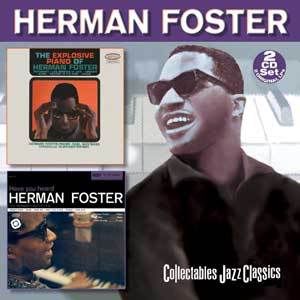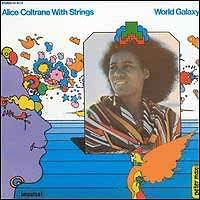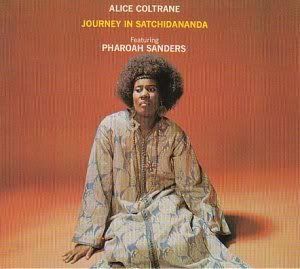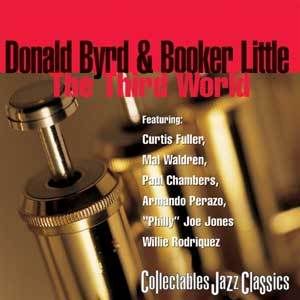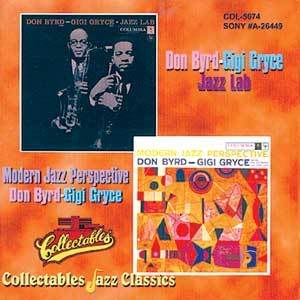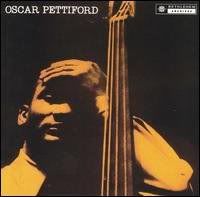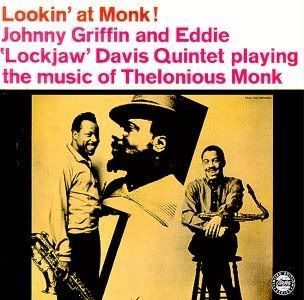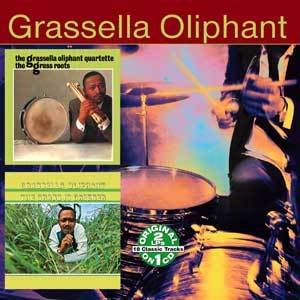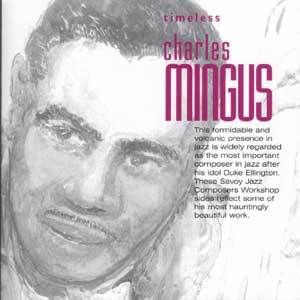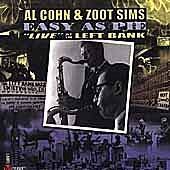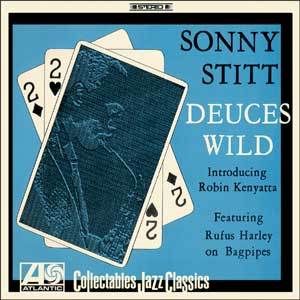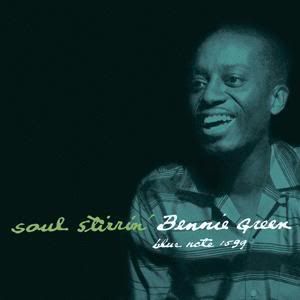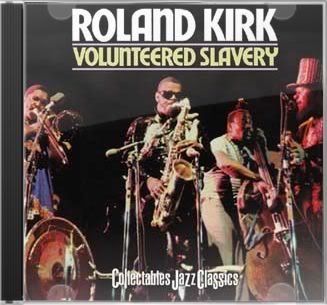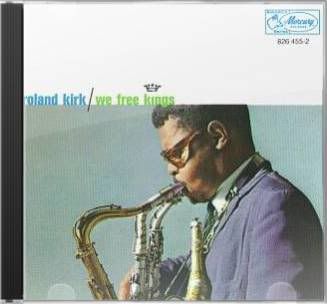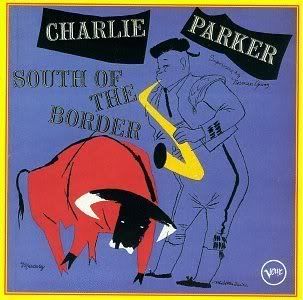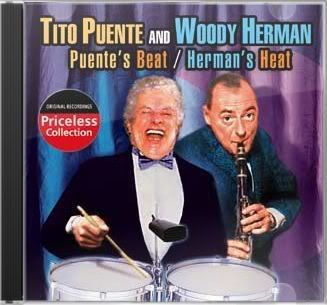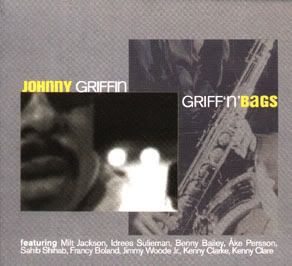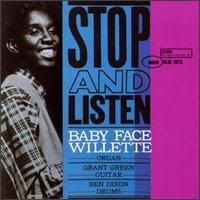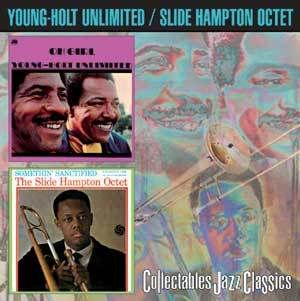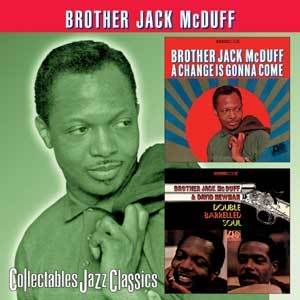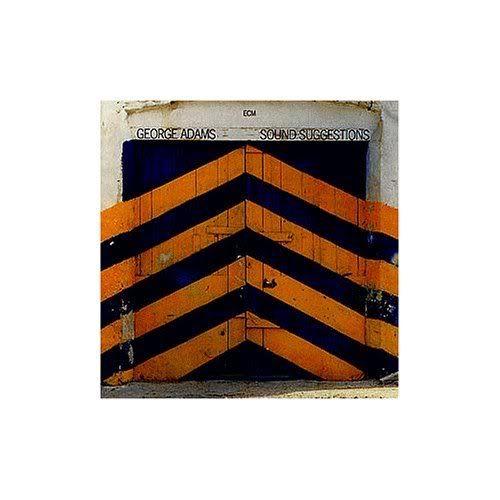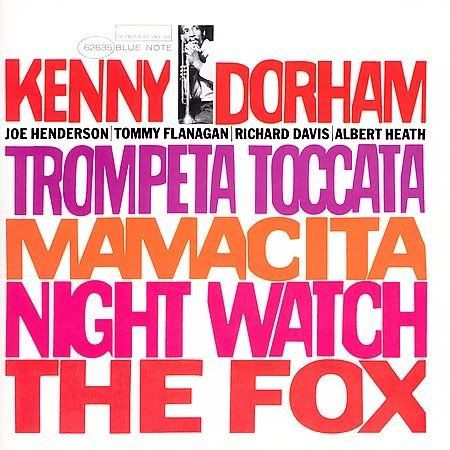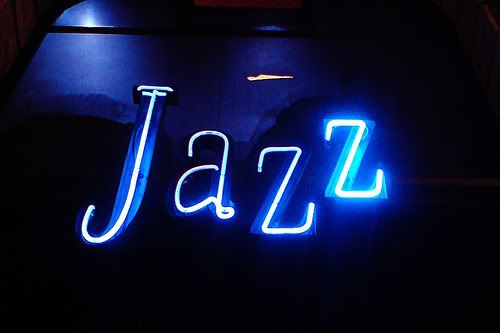
George Russell's third release as a leader combines two adventurous sessions. The first features two pianists, Bill Evans and Paul Bley, and a large ensemble including Ernie Royal, Dave Baker, Walt Levinsky, Barry Galbraith, Milt Hinton, and Don Lamond, among others. The three-part suite "Chromatic Universe" is an ambitious work which mixes free improvisation with written passages that have not only stood the test of time but still sound very fresh. "The Lydiot" focuses on the soloists, while incorporating elements from "Chromatic Universe" and other Russell compositions. The second session adds trumpeter Marky Markowitz, valve trombonist Bob Brookmeyer, alto saxophonist Hal Mckusick, and drummer Charlie Persip to the earlier group, in the slow, somewhat mysterious "Waltz From Outer Space," which incorporates an Oriental-sounding theme, and "Dimensions," described by its composer as "a sequence of freely associated moods indigenous to jazz." Previously available as an LP and as a two-LP set combined with New York, NY, this CD represents some of George Russell's greatest achievements.
~ Ken Dryden, All Music Guide
Ernie Royal, Al Kiger, Marky Markowitz (Trumpet)
Frank Rehak, David Baker, Bob Brookmeyer (Trombone)
Jimmy Buffington (French Horn)
Hal McKusick (Alto Saxophone)
Dave Young (Tenor Saxophone)
Sol Schlinger (Baritone Saxophone)
Bill Evans, Paul Bley (Piano)
Barry Galbraith, Howard Collins (Guitar)
Milt Hinton (Bass)
Don Lamond, Charlie Persip (Drums)
http://www.mediafire.com/?2y9gxcbixml
^^^Download Link
